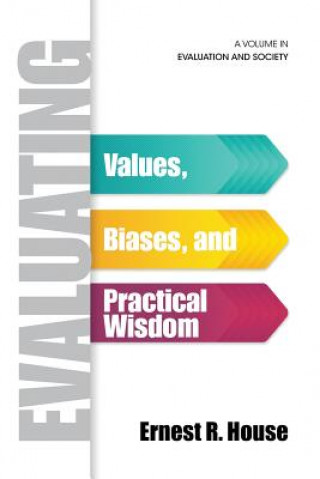
Kód: 09177176
Evaluating
Autor Ernest R. House
A volume in Evaluation and Society Series Editors, Jennifer C. Greene, University of Illinois at Urbana-Champaign and Stewart I. Donaldson, Claremont Graduate University In this book, Ernie H ... celý popis
- Jazyk:
 Angličtina
Angličtina - Vazba: Brožovaná
- Počet stran: 152
Nakladatelství: Information Age Publishing, 2014
- Více informací o knize

Mohlo by se vám také líbit
-

Dance While You Can
312 Kč -

Banister Fletcher's A History of Architecture
7669 Kč -

Clearing
720 Kč -

Wellness In Indian Festivals & Rituals
607 Kč -
![Marriages and Deaths of Cumberland County, [Pennsylvania], 1821-1830 Marriages and Deaths of Cumberland County, [Pennsylvania], 1821-1830](https://media.libris.to/jacket/08746473t.jpg)
Marriages and Deaths of Cumberland County, [Pennsylvania], 1821-1830
528 Kč -

English Poetry III
772 Kč -

Hiding Places
390 Kč
Darujte tuto knihu ještě dnes
- Objednejte knihu a zvolte Zaslat jako dárek.
- Obratem obdržíte darovací poukaz na knihu, který můžete ihned předat obdarovanému.
- Knihu zašleme na adresu obdarovaného, o nic se nestaráte.
Více informací o knize Evaluating
Nákupem získáte 175 bodů
 Anotace knihy
Anotace knihy
A volume in Evaluation and Society Series Editors, Jennifer C. Greene, University of Illinois at Urbana-Champaign and Stewart I. Donaldson, Claremont Graduate University In this book, Ernie House reframes how we think about evaluation by reconsidering three key concepts of values, biases, and practical wisdom. The first part of the book reconstructs core evaluation concepts, with a focus on the origins of our values and biases. The second part explores how we handle values and biases in practice, and the third shows how we learn practical wisdom and use it in evaluations. Value is the central concept in this volume, yet it's a fuzzy concept. In Part I, Ernie clarifies the concept of value by addressing basic questions: What are values? Where do they come from? Why do we have them? Why is our conception so confused? How do we handle values in evaluations? In Part II, another central concept is added, that of biases. Prominent evaluation frameworks have focused on biases, including Campbell and Stanley's (1963) framework for validating causal inferences and Scriven's (1972) conception of objectivity, which is achieved by correcting for biases in general. In addition, research on thought processes has made progress by focusing on cognitive biases (Kahneman, 2011). Even so, through a case example, Ernie demonstrates that the concept of biases is under-appreciated and not well engaged in evaluation practice. The third important concept, featured in Part III, is practical wisdom, which is the knowledge that evaluators acquire through experience. Practical wisdom informs what we do, possibly as much as theory. Experienced evaluators often conduct evaluations in similar ways, regardless of their theory, because practical wisdom determines much of what they do. Ernie provides concrete examples of practical wisdom and how we employ it. Throughout the book, he draws on the empirical research on thinking processes, especially Kahneman's Thinking Fast and Slow (2011). This book will be of interest and relevance to all evaluation scholars and practitioners, as it thoughtfully engages core constructs of the field. The book can also well serve as a supplementary text in multiple evaluation courses, as it offers valuable conceptual and practical perspectives on our craft.
 Parametry knihy
Parametry knihy
Zařazení knihy Knihy v angličtině Society & social sciences Education Organization & management of education
1752 Kč
- Plný název: Evaluating
- Podnázev: Values, Biases, and Practical Wisdom
- Autor: Ernest R. House
- Jazyk:
 Angličtina
Angličtina - Vazba: Brožovaná
- Počet stran: 152
- EAN: 9781623969158
- ISBN: 9781623969158
- ID: 09177176
- Nakladatelství: Information Age Publishing
- Hmotnost: 251 g
- Rozměry: 229 × 152 × 9 mm
- Datum vydání: 16. December 2014
Oblíbené z jiného soudku
-
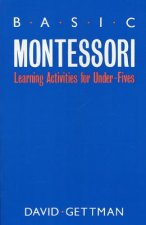
Basic Montessori
419 Kč -

Smartest Kids in the World
306 Kč -

First Little Readers Parent Pack: Guided Reading Level B
580 Kč -

First Little Readers: Guided Reading Level C (Parent Pack)
576 Kč -

Outcomes Intermediate: Workbook with CD
492 Kč -
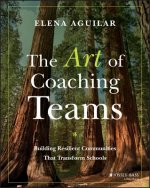
Art of Coaching Teams - Building Resilient Communities that Transform Schools
702 Kč -

You, Your Child, and School
407 Kč -

Candlestick Charting For Beginners
330 Kč -
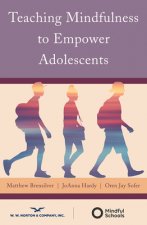
Teaching Mindfulness to Empower Adolescents
724 Kč -

How to Win at College
451 Kč -

Form Drawing and Colouring
411 Kč -
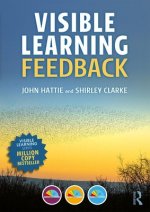
Visible Learning: Feedback
919 Kč -
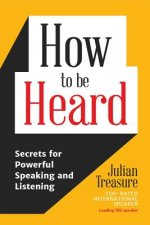
How to Be Heard
390 Kč -
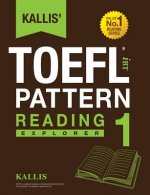
Kallis' TOEFL iBT Pattern Reading 1
533 Kč -
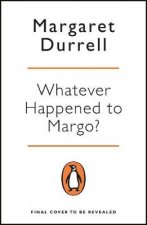
Whatever Happened to Margo?
276 Kč -
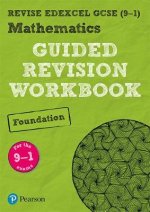
Pearson REVISE Edexcel GCSE Maths Foundation Guided Revision Workbook - 2023 and 2024 exams
232 Kč -

Search for a Theology of Childhood
967 Kč -
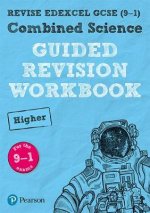
Pearson REVISE Edexcel GCSE (9-1) Combined Science Higher Guided Revision Workbook
378 Kč -

OCA/OCP Java SE 8 Programmer Certification Kit
1879 Kč -
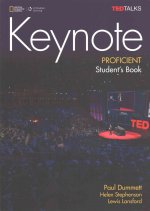
Keynote Proficient with DVD-ROM
1048 Kč -
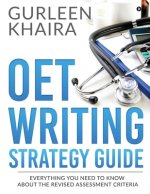
OET Writing Strategy Guide
477 Kč -

Official Guide to the GRE General Test, Third Edition
811 Kč -

F in Exams
230 Kč -
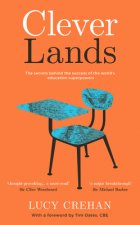
Cleverlands
375 Kč -
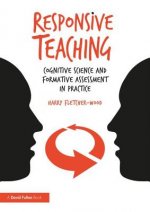
Responsive Teaching
604 Kč -

Ten Ways to Destroy the Imagination of Your Child
452 Kč -
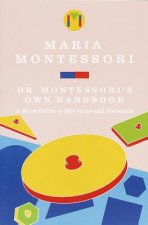
Dr. Montessori's Own Handbook
357 Kč -
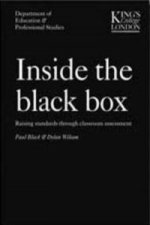
Inside the Black Box
208 Kč -
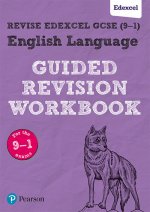
Pearson REVISE Edexcel GCSE English Language Guided Revision Workbook - 2023 and 2024 exams
232 Kč -
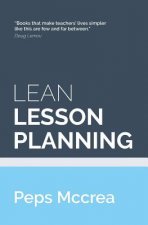
Lean Lesson Planning
554 Kč -

Innovative University
650 Kč -
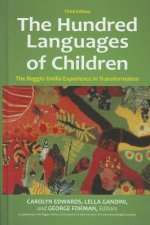
Hundred Languages of Children
1258 Kč -
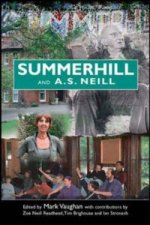
Summerhill and A S Neill
1086 Kč -
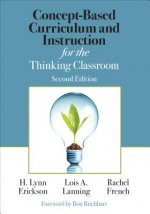
Concept-Based Curriculum and Instruction for the Thinking Classroom
1045 Kč -
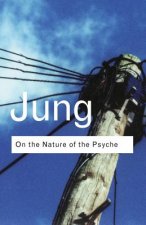
On the Nature of the Psyche
442 Kč -
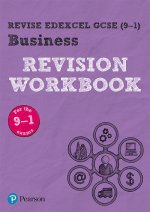
Pearson REVISE Edexcel GCSE Business Revision Workbook for the 2023 and 2024 exams
242 Kč -

Kallis' TOEFL iBT Pattern Speaking 1
523 Kč -

Mathematics Formative Assessment, Volume 2
1088 Kč -
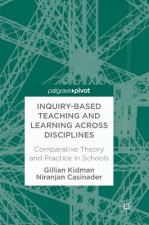
Inquiry-Based Teaching and Learning across Disciplines
1977 Kč -

Forest School for All
1149 Kč -
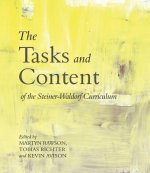
Tasks and Content of the Steiner-Waldorf Curriculum
544 Kč -
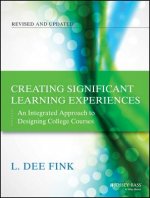
Creating Significant Learning Experiences, Revised and Updated - An Integrated Approach to Designing College Courses
1058 Kč -
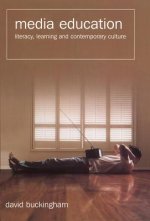
Media Education - Literacy, Learning and Comtemporary Culture
877 Kč -

Teaching of Science in Primary Schools
1230 Kč -

27 Ways to Increase Your Child's IQ
337 Kč -
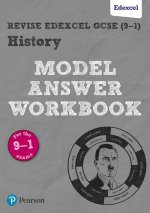
Pearson REVISE Edexcel GCSE History Model Answer Workbook - 2023 and 2024 exams
254 Kč -
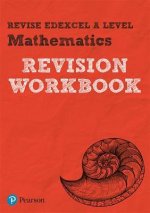
Pearson REVISE Edexcel A level Maths Revision Workbook
415 Kč -
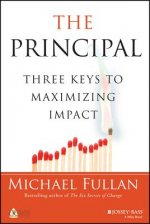
Principal - Three Keys to Maximizing Impact
852 Kč -

Principal's Companion
1256 Kč
Osobní odběr Praha, Brno a 12903 dalších
Copyright ©2008-24 nejlevnejsi-knihy.cz Všechna práva vyhrazenaSoukromíCookies



 Vrácení do měsíce
Vrácení do měsíce 571 999 099 (8-15.30h)
571 999 099 (8-15.30h)